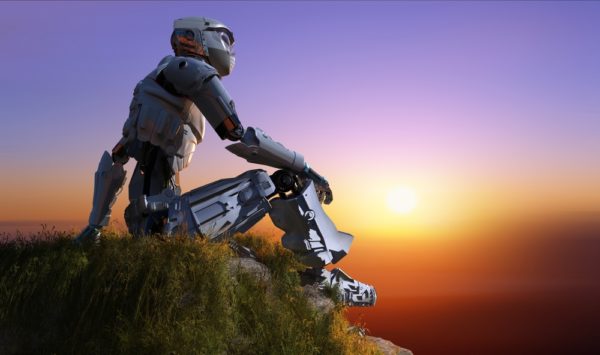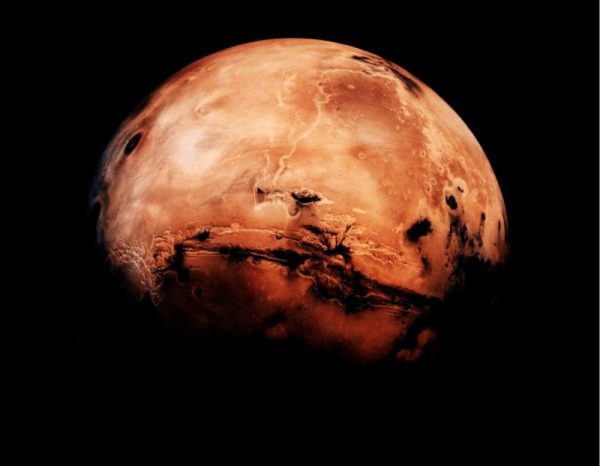SPACE: Lots of Alien Worlds Could Know We’re Here
At least 1,715 nearby star systems sat at a perfect angle to view Earth during the past 5,000 years, meaning aliens living in those systems, if they exist and have the right technology, could have watched our planet from afar as early human civilizations first emerged. Of those star systems, 313 exited the special viewing zone, known as the Earth transit zone (ETZ), sometime in the past few thousand years, leaving 1,402 star systems capable of providing a glimpse of our planet today, according to a new study, published Wednesday (June 23) in the journal Nature. And over the next … Read more








